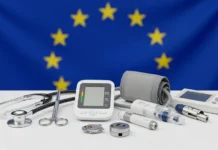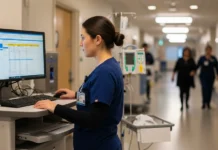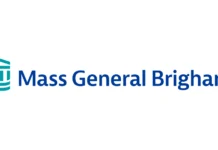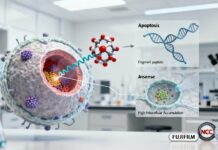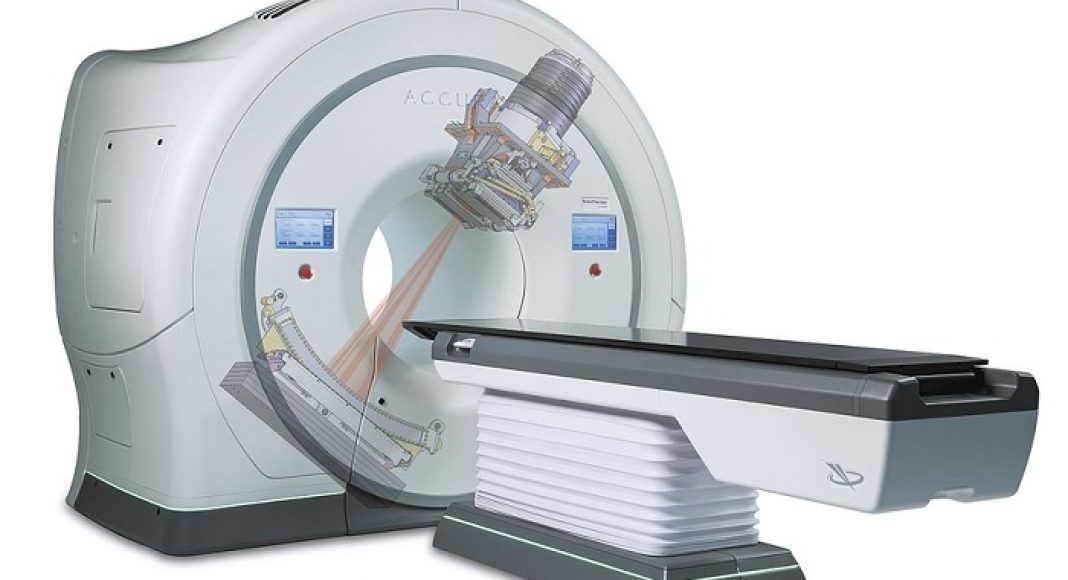Accuray Incorporated announced that the Addenbrooke’s Hospital clinical team has treated the first cancer patients in the United Kingdom with the innovative Radixact® System.
Addenbrooke’s Hospital, part of the Cambridge University Hospitals NHS Foundation Trust, purchased one Radixact System through the NHS England radiotherapy equipment upgrade fund, with a second system funded by the Trust.
These systems have replaced existing, older TomoTherapy® Systems and will improve the treatment process workflow, enabling the clinical team to efficiently deliver highly precise treatments for a broad range of indications.
Addenbrooke’s Hospital is an internationally renowned teaching hospital and designated academic health science centre. The clinical team sees more than 4,000 new patients each year as a regional centre for rarer types of cancer and also as the local hospital for patients living in the Cambridge area.
“Addenbrooke’s Hospital was the first NHS hospital to invest in the TomoTherapy Hi·Art® System and is now the first to secure the Radixact System, which supports our strategy to provide quality cancer care using the most advanced technology available,” said Kevin Skilton, Operational Head of Radiotherapy, Addenbrooke’s Hospital. “We have been extremely pleased with our initial experience using the Radixact System and we look forward to exploring the opportunities the Radixact System may offer us in the treatment of our patients.”
Radixact System Benefits
- The Radixact System, the next generation TomoTherapy platform, is capable of treating virtually any radiation therapy indication including breast, lung, prostate, and head and neck cancers, in addition to complex treatments such as total marrow irradiation, on a single mainstream platform
- The system features a more powerful linear accelerator than prior generations, low-dose fan beam 3DCT image guidance and helical delivery technology. These unique features enable clinicians to deliver highly accurate, individualized dose distributions which precisely conform to the shape of the patient’s tumor while minimizing dose to normal, healthy tissue, resulting in fewer side effects for patients
- A fully-integrated, simplified adaptive treatment planning solution, PreciseART™ Adaptive Radiation Therapy Software, provides clinicians with a unique midcourse decision-making tool and enables them to adapt radiation delivery to changes in tumor size, shape and location within the patient
The PreciseRTX™ Retreatment Option helps accelerate and enhance the process of creating new treatment plans for patients who have received previous irradiation
“We are pleased to partner with the Addenbrooke’s Hospital team to bring our latest radiation therapy platform to the people of England. Addenbrooke’s is leading the way for other NHS hospitals seeking to improve the overall patient experience by providing precise and accurate treatment that is personalized to the needs of each individual, regardless of their stage in the cancer treatment continuum,” said Lionel Hadjadjeba, MD, Senior Vice President and Chief Commercial Officer at Accuray.
About Cambridge University Hospitals
Cambridge University Hospitals (CUH) is one of the largest and best known hospitals in the UK, delivering high-quality patient care through Addenbrooke’s and the Rosie Hospitals. CUH is a leading national centre for specialist treatment for rare or complex conditions and a university teaching hospital with a worldwide reputation.
CUH is a key partner in Cambridge University Health Partners (CUHP), one of only six academic health science centres in the UK, and is at the heart of the development of the Cambridge Biomedical Campus (CBC), which brings together on one site world-class biomedical research, patient care and education. As part of the Campus development, Papworth Hospital is creating a bespoke, purpose-built hospital, and AstraZeneca is building a new global R&D centre and corporate headquarters. The Campus is one of the government’s National Institute for Health Research (NIHR) comprehensive biomedical research centres.





